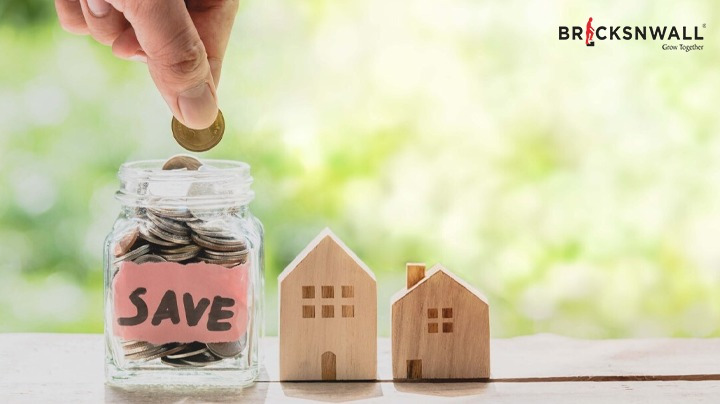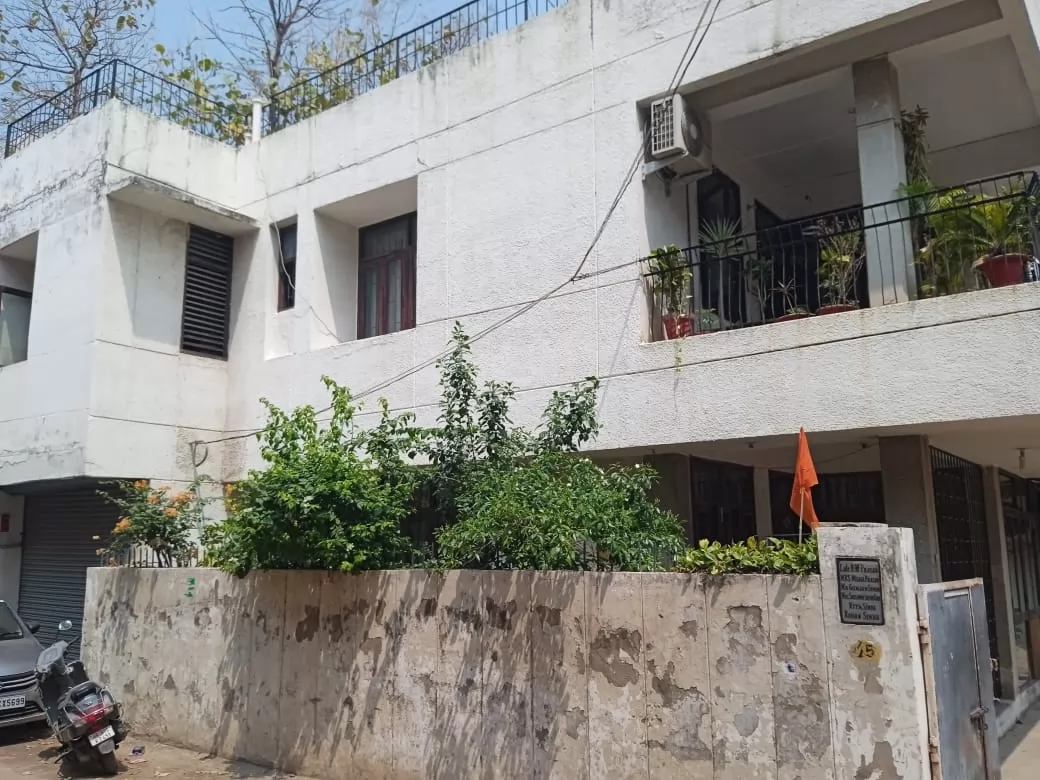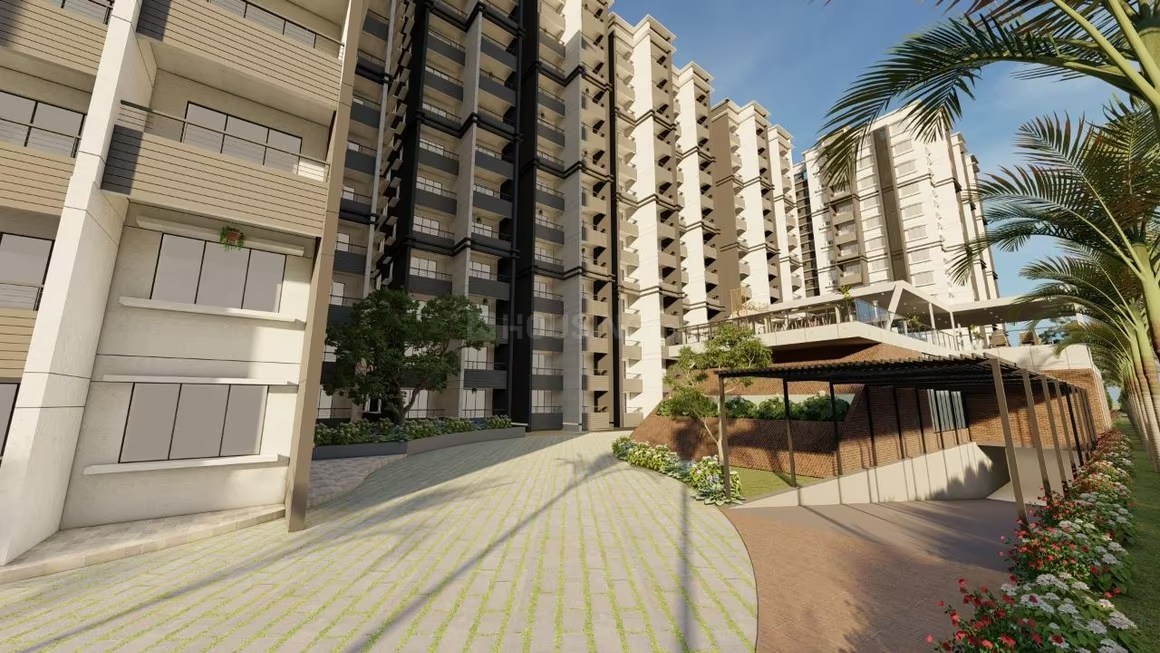Wondering How Much You Need To Save For A Down Payment
Bricksnwall Trusted Experts

Many financial experts contend that taking out a loan—even to purchase a home—is never a smart move. This is because the asset you bought is significantly expensive, given the total amount of money you'll pay back during the loan's term. Others contend that using credit wisely is beneficial.
Defining a down payment
A down payment is cash you put down in advance to buy a house in real estate. The amount of a down payment might vary and is often stated as a percentage of the purchase price. For instance, a 10% down payment is $40,000 for a house worth $400,000. Similarly, your down payment would be 3% if you brought $12,000 in cash to your closing. Because so few first-time home buyers choose to pay cash for their homes, the term "down payment" has been coined. Instead, a lot of people fund their home purchases via mortgage loans.
What do the financial experts say?
Regardless of your viewpoint, even the experts concur that the loan is more cost-effective the more money you may put down. It would help if you made the most of your savings. The best amount to set aside for a down payment on a property is as close to 20% of the buying price as you can manage. By doing this, you'll start with more significant property equity and pay less interest and fees.
Most ideal average down payment
A 20% down payment on a car loan or home mortgage is a sizable sum of money, making it unfeasible for many households. It would help if you still made an effort to reach these levels. The down payment on a car can be paid in cash. If you include your current vehicle's trade-in in the transaction, dealers frequently reduce the price of a new car. Or you could raise money by privately selling your car.
Benefits of the 20% down payment
Cheaper mortgage rates: Lenders will typically offer you lower interest rates because a larger down payment lowers your loan-to-value ratio or the amount borrowed relative to the value of your property. Any increase in the down payment requirement for a house decreases the loan: value ratio while simultaneously lowering the lender's risk.
- Lower monthly mortgage bills
A more significant down payment on a home lowers your monthly mortgage, giving you more money for other financial goals, such as college or retirement savings.
- Skipping the Private mortgage insurance
Private mortgage insurance can be avoided by putting more money toward a down payment on a home (PMI). Your lender will need you to pay PMI if you put less than 20% down. It may do so as an upfront fee or as part of your monthly payment. If you cannot pay your mortgage, this safeguards the lender.
- Easy loan approvals
Making a larger down payment boosts your chances of getting a mortgage because lenders are more likely to see you as a responsible saver and reduce credit risk.
What is the minimum down payment?
Despite the benefits of putting 20% down, it's typical for purchasers to contribute less. According to the National Association of Realtors, the median deposit for all homebuyers in 2018 was 13%. On average, first-time buyers put 7% down. The largest deposit was made by repeat customers (16%).
How to effectively save for your down payments?
- Keep some money untouched.
Setting money aside and forgetting about it is one of the finest strategies to save for anything, even a down payment. Ask your company to put some of your regular paychecks into a savings account if you get one. Set up a repeating transfer from a checking account to an interest-bearing account if you're a freelancer or independent contractor to create the routine.
- Keep a strict check on your expenses.
Find ways to decrease your spending if you want to save more. That entails carefully examining your monthly banking statements to find areas where you can make savings. Do you need a subscription to Netflix, Hulu, Disney+, or another entertainment service? How frequently do you go to the gym? Can you stop going to the coffee shop across the street every morning and start preparing coffee at home? Even though these costs seem insignificant, every penny matters.
- Set a budget
Decide on a budget rule to follow, such as the 50/30/20 budget, which recommends allocating no more than 50% of your gross income to requirements, no more than 30% to wants, and at least 20% to savings and debt repayment. Consider possibilities to reduce wants regularly, such as relocating funds to savings.
CONCLUSION
A 20% down payment on a home is reasonable if you can afford it. You won't need to pay for private mortgage insurance, and your monthly payments and loan balance will be smaller. Long-term savings could be substantial for you. Given the extraordinary rate at which housing prices have grown recently, not everyone can easily afford 20% down. Making a 20% down payment may not deplete your resources. Often, purchasers are better off with a lower down payment since it allows them to keep money in the bank for unforeseen expenses, upkeep, and new house fees.




